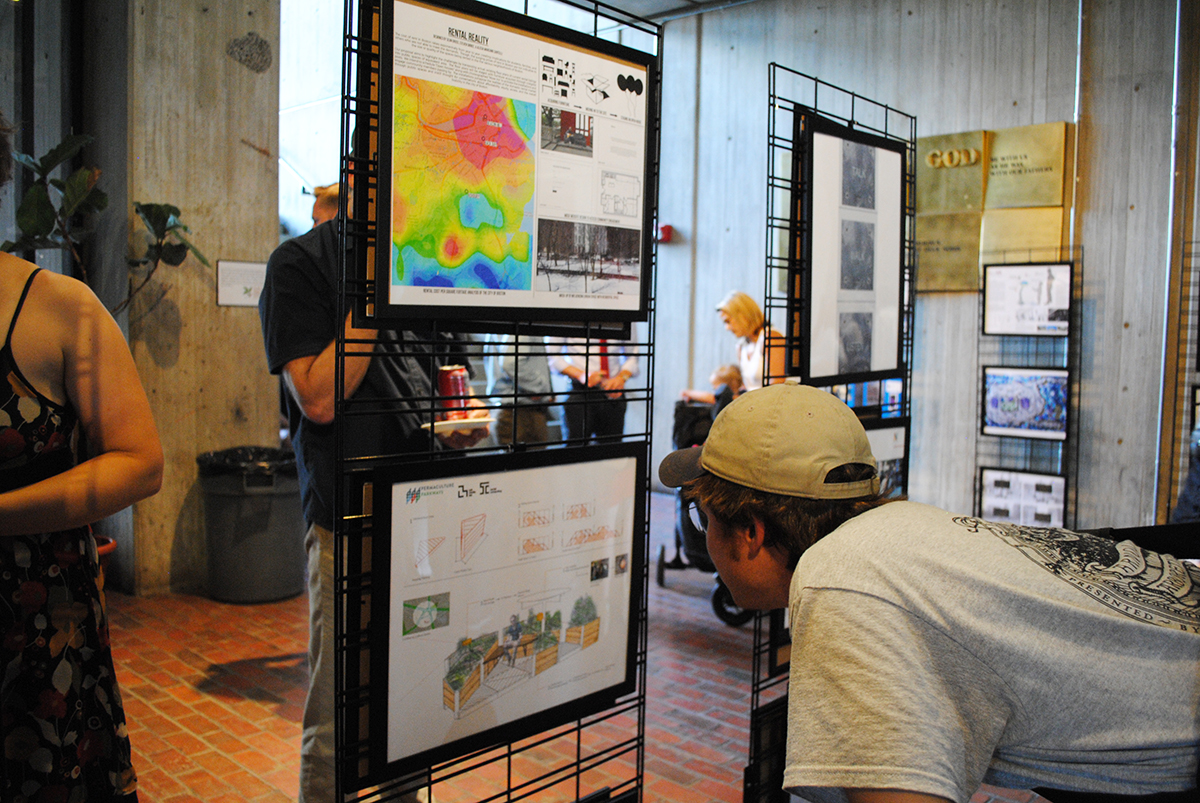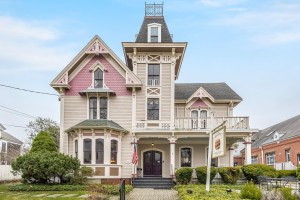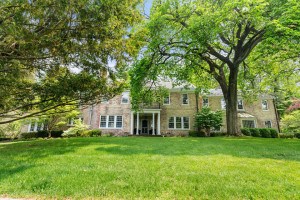Seven New Projects Will Reimagine Public Space in Boston

A visitor inspects a project proposal poster at the Public Space Invitational. / Photo by Madeline Bilis
City Hall buzzed with creativity on Wednesday evening as the winners of the second Public Space Invitational were announced.
The Public Space Invitational calls upon the city’s creators to reimagine and enhance public spaces in Boston. Designers, artists, engineers, and anyone else with an active imagination are welcomed to enter the civic design competition.
Starting in February, the Mayor’s Office of New Urban Mechanics, in partnership with the Boston Art Commission and the City’s Streets cabinet, began accepting submissions to upgrade civic spaces in terms of attractiveness and functionality. Submitted projects were required to be within a budget of $1,000 to $9,500, be implementable within the next six months, and be able to withstand New England weather. A list of project guidelines specifies that projects should “aspire to have an inherent sense of wonderment and discovery built into them.”
Past winners include projects like “the Stairs of Fabulousness,” which decked out the stairs of City Hall in color with non-skid tape. This year, the competition’s theme revolved around the interplay of analog and digital components of the Boston streetscape, and included a side competition aimed to make MBTA bus shelters at Mattapan Station more inviting.
Seven projects were funded in total—three analog projects, two digital projects, and two bonus bus shelter projects. The first analog winner was Night Garden, an installation designed to host performance- and food-centric events in the evening.
“We put lights in gardens and create interactive canvases out of public spaces,” says team member Shawn Flaherty. “By using things like high-powered LEDs, speakers, microphones, and temperature sensors, we can create a living, breathing, dynamic canvas that people can build upon.”
Flaherty and team members Ethan Vogt, Mihai Dinulescu, and DiDi Delgado will install the first Night Garden in Boston Day and Evening Academy’s community garden.
Vogt is the director of programming for nighttime arts festival Illuminus Boston.
“I recognized how magical it was to bring people together at night around art and creativity. It was sort of a shame that it only lasts for one night,” says Vogt. “So this idea was how that spirit can be embodied in a place that continues throughout an entire season—and tying it into growing food and sharing food.”
Other analog winners included “Egleston #StreetMurals #MuralesEnLaCalle,” a community-designed mural at the corner of Boylston and Egelston Streets in Jamaica Plain, and “Franklin Street (Allston) Neighborway” a safe path for bicyclists marked by murals and planters.
The digital-focused projects were partnered with Microsoft Technology and Civic Engagement. The winning proposals introduced a larger-than-life, functioning radio to be placed in a public park called “Public Radio,” as well as “The Public Stage,” a project that will broadcast a live orchestra’s music to the streets of Boston accompanied by a synchronized light show.
The projects aimed to improve Mattapan Station will use translucent screens to make standing in a bus shelter feel like standing under a canopy of trees, and another project will feature photos and stories about real Mattapan residents on the exteriors of waiting shelters.
At the award ceremony, Mayor Marty Walsh commended the efforts of every participant.
“Public spaces define life in the city, and these ideas bring to life the Boston that is bold, experimental, and empowered to try new things,” he said.


